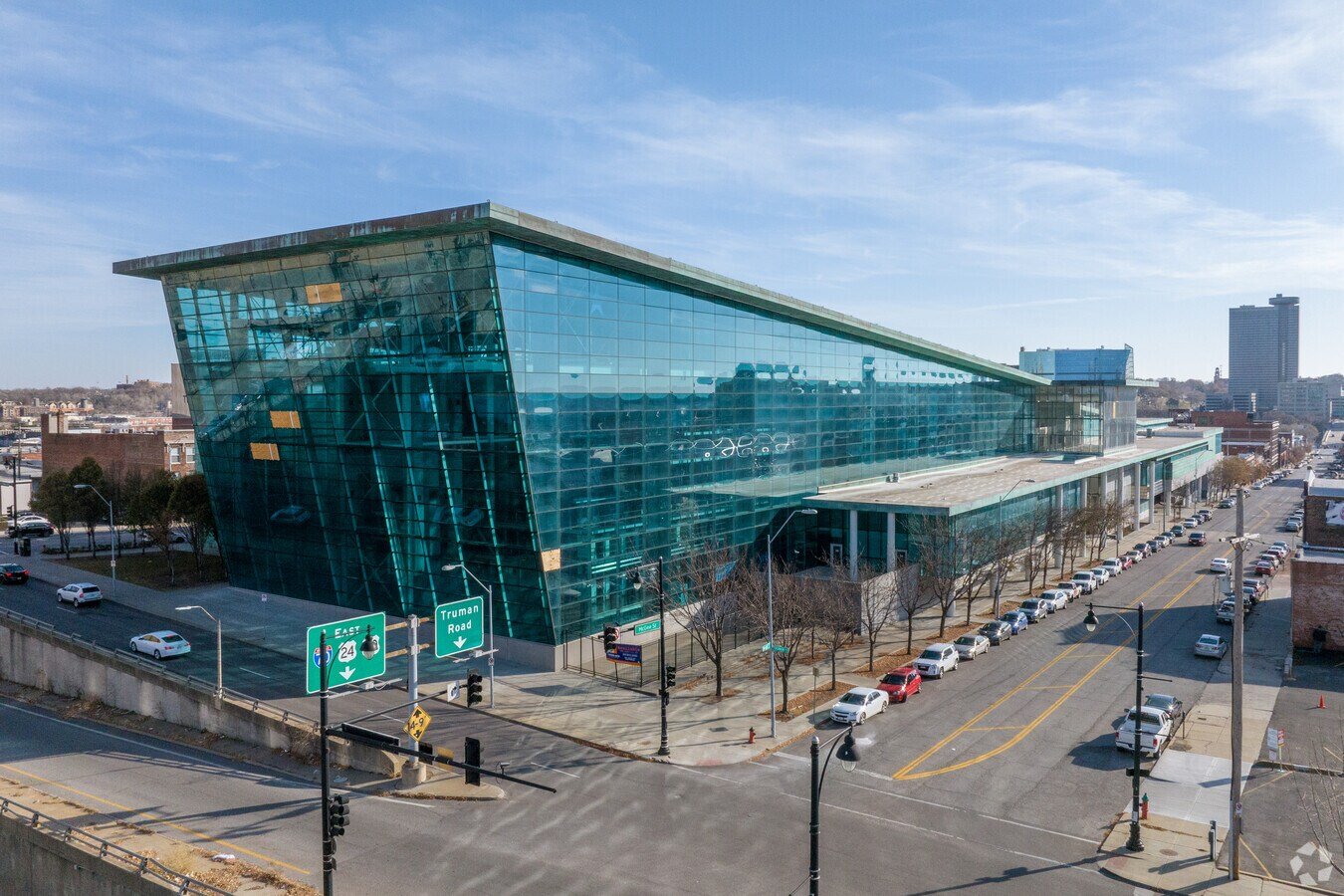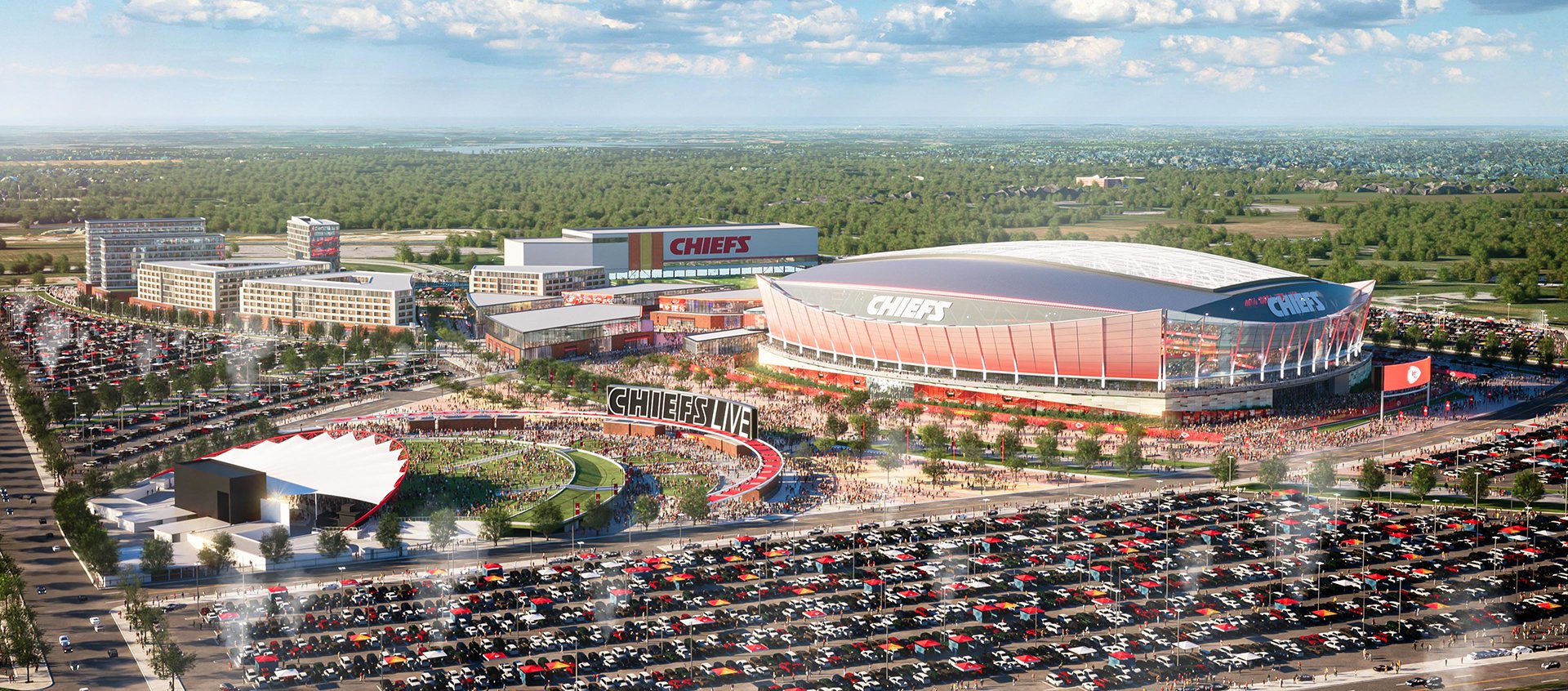MetroWire Media closed out its 2025 programming with a standout KC MWM Industrial Summit, hosted at Johnson County Community College. With rising construction costs, evolving tenant expectations, and major infrastructure needs, our expert panel explored what’s driving Kansas City’s industrial momentum—and how the region is positioning for what’s next.
Special thanks to our sponsors who made this event possible:
Platinum Sponsors: JE Dunn Construction, Miller Stauch Construction
Bronze Sponsors: Bartlett & West, ARCO, Seal-O-Matic, Armstrong
Brew Crew Sponsors: Capitol Federal, KC SmartPort, BHC, studioNorth Architecture
What Makes KC Competitive?
Chris Gutierrez of KC SmartPort opened the conversation: “Every company that comes here asks how we got Missouri and Kansas in the same room from the start. That collaboration is our edge.” He emphasized KC’s multimodal freight infrastructure, industrial developer base, and workforce reliability as top selling points.
Construction Cost Pressure and Preconstruction Strategy
Ryan Schroeder of Russell Construction pointed to a slowdown in private investment due to high interest rates, but stressed that early collaboration is a winning formula: “Clients want cost and schedule certainty. That means contractors must be involved from the design phase, not just at bid time.”
Above: Attendees at MetroWire Media’s 2025 Industrial Summit listen in as the panel discusses the current state of Kansas City’s industrial real estate market. Image | BGSTUDIOS PHOTOGRAPHY + FILM
Speculative vs. Build-to-Suit: Staying Disciplined
Brent Peterson of NAI Heartland provided perspective from the leasing and capital markets side: “KC has been disciplined about what we build, and that’s why we’re still absorbing. Most activity today is build-to-suit, but spec buildings remain vital—especially smaller footprints under 500,000 SF.”
Infrastructure Is Now a Front-End Issue
Krizia Diaz, leading JE Dunn’s industrial manufacturing sector, discussed how “pad-ready” doesn’t always mean infrastructure-ready: “We’re helping clients pivot mid-project to phase development or self-supply utilities like wastewater treatment or power generation. That shifts design, cost, and timeline significantly.”
Flexibility in Design: The New Standard
Kevin Polit of studioNorth Architecture explained how flexible shell buildings support long-term utility: “You’re not just designing for one tenant anymore. You’re building a platform that can support automation, manufacturing, cold storage, or ESG upgrades over decades.”
John Krudwig of Bartlett & West agreed, adding: “We’re designing spec with build-to-suit in mind—high-performing roof structures, flat floors, even modular under-slab systems for future use. It’s more rewarding, more strategic.”
Automation Expectations Are Real—and Rising
Karley Felz, an automation systems expert, shared how tenant demands are shifting: “Automation is no longer optional. With labor tight, tenants want high-speed connectivity, stronger slabs, and wider column spacing. We’re seeing higher employee satisfaction too—robots aren’t replacing people, they’re supporting them.”
Data Centers: Boon or Bottleneck?
The discussion turned to KC’s growing data center market. With Meta and Google investing billions, power availability is now a gating factor. “These aren’t one-and-done builds,” said Gutierrez. “They upgrade every two years. But they also generate secondary demand—construction, manufacturing, automation. It’s an ecosystem.”
Panelists noted the need for better long-term planning around power generation, with Kevin Polit citing innovations like small modular nuclear reactors as viable mid-term solutions. Brent Peterson explained that the “$100 billion” data center numbers are cumulative over decades, reflecting upgrades, infrastructure, and equipment, not just construction.
Above: Guests mingle at the MWM 2025 Industrial Summit at Johnson County Community College before the panel discussion.
Looking Ahead: Where's the Growth?
The panel identified I-35 south of Olathe, Liberty/Northland, and Lee’s Summit as key corridors for future development. “We need more product,” said Gutierrez. “When interest rates drop, we’ll need those buildings ready to go.”
John Krudwig confirmed that multiple spec projects are in design across the region. Peterson added: “Post-2008, speculative development changed our market. If you build it—smartly—they will come.”
The Workforce Pipeline Starts Now
Several panelists praised Kansas City’s workforce development infrastructure, with Ryan Schroeder sharing a personal anecdote about a Rockhurst student exploring trade school: “This generation sees the trades differently—and we should be encouraging that.”
In Closing: Collaboration Remains KC’s Superpower
Angela Dicioccio, MetroWire’s Event Director, wrapped the event: “What makes Kansas City work is the collaboration between developers, designers, builders, and economic partners. We’re already planning for 2026—and with the World Cup coming, Kansas City is about to take the global stage.”
Header image: Panelists discuss what's driving the Industrial real estate market in the Kansas City region at MetroWire Media's 2025 Industrial Summit at the Regnier Center- Johnson County Community College. Image | BGSTUDIOS PHOTOGRAPHY + FILM











